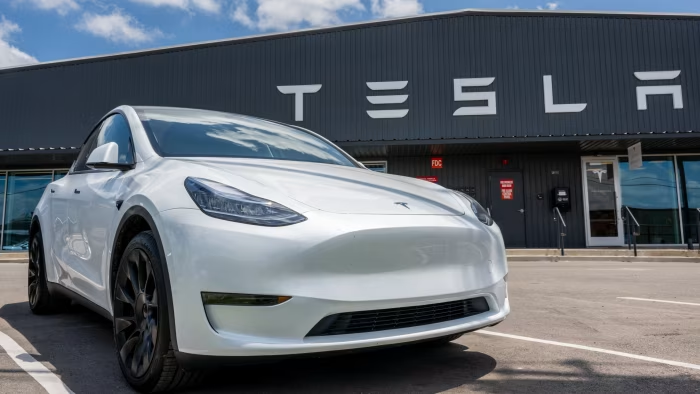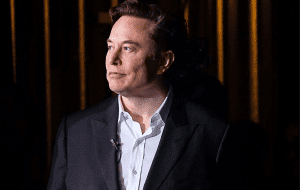India’s Heavy Industries Minister confirms Tesla will not manufacture EVs in India, while Mercedes-Benz and Volkswagen explore new policy incentives for local production.

Tesla will not manufacture cars in India, according to a statement by India’s Heavy Industries Minister HD Kumaraswamy. Speaking after the announcement of India’s long-awaited electric vehicle policy, the minister said Tesla has no intention of setting up production facilities in the country, despite the new policy being designed in part to attract the U.S. EV giant.
“Tesla does not want to produce cars in India,” Kumaraswamy confirmed, signaling a turning point in India’s strategy to grow its domestic EV ecosystem.
High Tariffs Deter Tesla
For years, Tesla has expressed interest in entering India’s car market, now the third largest globally, but has consistently pushed back due to import duties as high as 70%, among the world’s steepest. CEO Elon Musk has previously said these tariffs make it unviable for Tesla to test demand before investing.
New EV Policy Aims to Accelerate Local Production
India’s newly-finalized EV import policy, effective from this week, slashes duties on a limited number of imported electric cars to 15%, provided foreign carmakers invest at least $486 million in local manufacturing.
To qualify for the incentives, automakers must:
- Establish EV manufacturing operations in India within three years of approval.
- Meet local content requirements to support Indian industry.
While Tesla opts out, Mercedes-Benz and Volkswagen are reportedly exploring these incentives, potentially shifting the landscape in India’s EV segment.
Domestic EV Giants Push Back on Duty Cuts
India’s leading EV players — Tata Motors and Mahindra & Mahindra — have invested heavily in local EV production and lobbied against reducing tariffs, arguing it could undercut domestic innovation.
Despite these concerns, the government aims to attract high-tech investments, create advanced jobs, and reduce reliance on imports — all while accelerating its ambitious EV adoption targets.
India Eyes 30% EV Adoption by 2030
As of 2024, electric vehicles account for just 2.5% of India’s 4.3 million annual car sales, with Tata Motors leading the charge. The government’s goal is to boost this share to 30% by 2030, aligning with global climate commitments and urban mobility goals.
While Tesla’s absence is a setback, India’s new EV policy may still reshape the market — especially if European carmakers capitalize on the opportunity to produce locally for a rapidly growing consumer base.













Comments are closed.